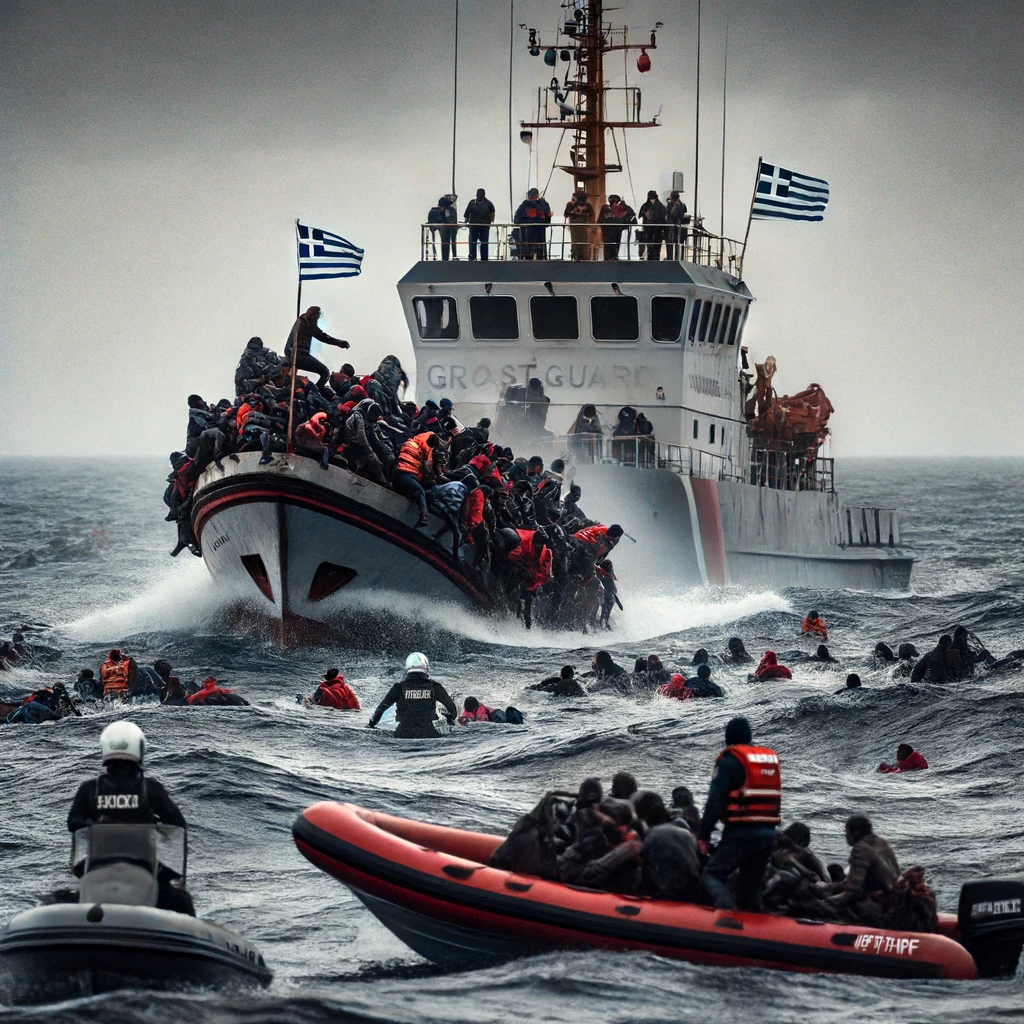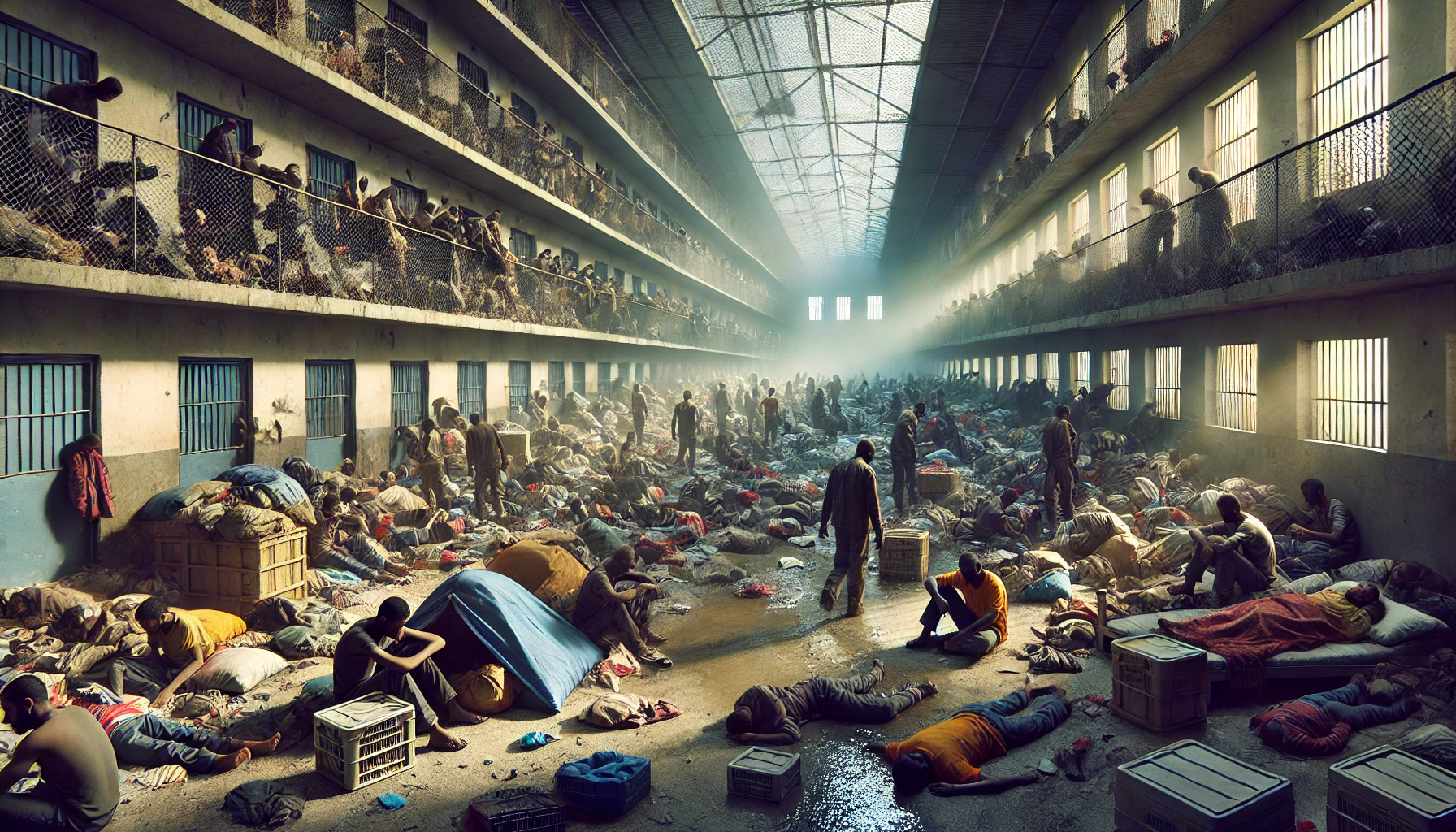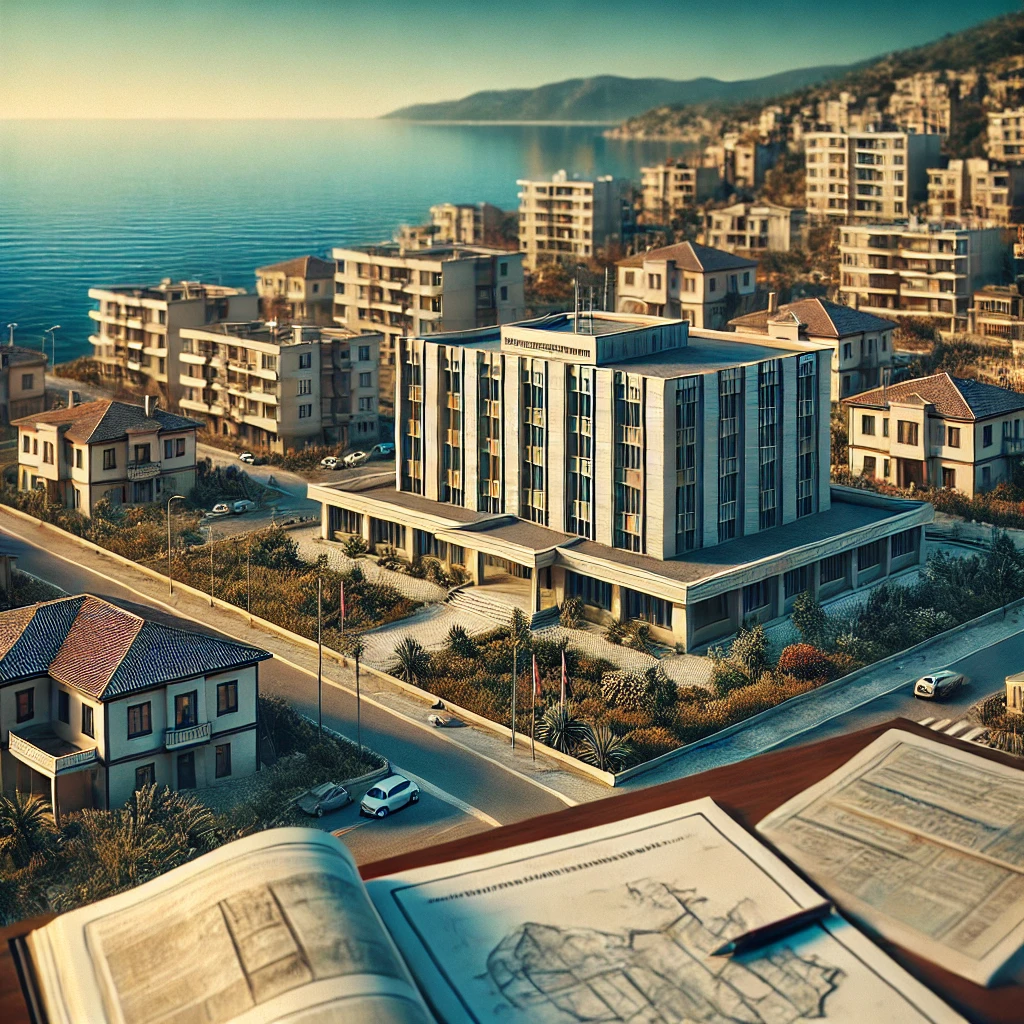Over the past three years, the Greek coastguard has been implicated in the deaths of dozens of migrants in the Mediterranean, according to witness accounts. Disturbingly, nine individuals were reportedly thrown into the water deliberately. These nine are part of over 40 individuals alleged to have perished due to the coastguard’s actions, as revealed in a BBC investigation.
The Greek coastguard has categorically denied all accusations of illegal activities. However, evidence shown to a former senior Greek coastguard officer, including footage of 12 people being transferred to a Greek coastguard boat and then abandoned on a dinghy, prompted him to declare the actions as “obviously illegal” and “an international crime.”
For years, the Greek government has faced accusations of forced returns, a practice known as pushing migrants back towards Turkey, which is illegal under international law. This investigation marks the first instance where the number of incidents allegedly resulting in fatalities due to the Greek coastguard’s actions has been quantified by the BBC.
The investigation covered 15 incidents from May 2020 to 2023, which resulted in 43 deaths. The initial information sources included local media, NGOs, and the Turkish coastguard. Verifying these accounts is challenging due to the disappearance of witnesses or their fear of speaking out. Nevertheless, in four of these cases, the BBC corroborated the accounts through eyewitness testimonies.
The investigation uncovered a pattern of abuse by the Greek coastguard. In five incidents, migrants reported being thrown directly into the sea by Greek authorities. In four of these cases, the migrants had landed on Greek islands but were subsequently tracked down and forced back into the water. Several other incidents involved migrants being placed on inflatable rafts without motors, which either deflated or appeared to have been punctured.
A particularly chilling account came from a Cameroonian man who landed on the island of Samos in September 2021. Planning to register as an asylum seeker, he and his companions were hunted by masked Greek authorities. He described how the authorities threw one of his companions into the water, followed by another, whose desperate pleas for help were ignored. The survivor himself was beaten and thrown into the sea without a life jacket, managing to swim to shore, while the bodies of his companions were later recovered on the Turkish coastline.
The survivor’s lawyers are demanding that Greek authorities open a double murder investigation. Similar harrowing accounts came from other migrants, including a Somali man who described being zip-tied and thrown into the sea by the Greek coastguard. He survived by floating on his back until he could free one of his hands, but three others in his group died.
The deadliest incident occurred in September 2022, near the Greek island of Rhodes. A boat carrying 85 migrants experienced engine failure, and despite their calls for help, the Greek coastguard returned them to Turkish waters and placed them in poorly prepared life rafts. Seven to eight children drowned before the Turkish coastguard arrived.
Greek law mandates that all migrants seeking asylum can register their claims at special centres on several islands. However, the investigation found that many migrants were apprehended before reaching these centres. Non-uniformed, often masked Greek authorities allegedly conducted these operations secretly. Human rights groups claim thousands of asylum seekers have been illegally forced back to Turkey, denying them the right to seek asylum as enshrined in international and EU law.
The Greek Ministry of Maritime Affairs and Insular Policy stated that the allegations are under investigation by the National Transparency Authority. Despite accusations, the coastguard maintains it operates with “utmost professionalism” and respects human life and fundamental rights. They highlighted their record of rescuing 250,834 refugees/migrants in 6,161 incidents between 2015 and 2024, a mission positively recognized by the international community.
For the full report, visit BBC.







[…] Greek Coastguard Accused of Migrant Deaths in the Mediterranean Shares: […]